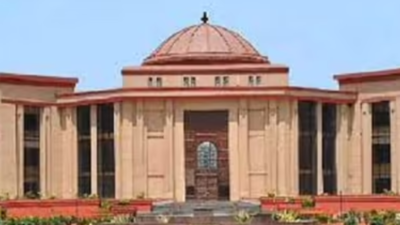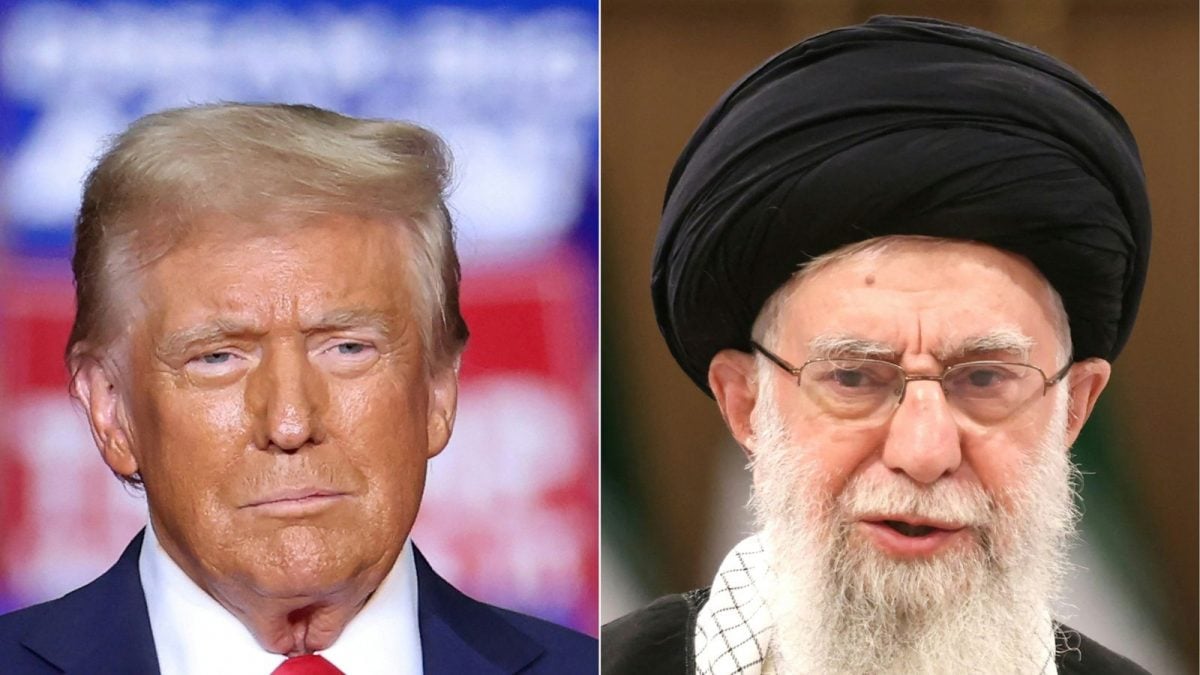ARTICLE AD BOX

RAIPUR: The Chhattisgarh High Court rejected the first bail application of Shashank Chopda, an accused in the alleged Rs 411 crore 'Hamar-Lab' scam. The case, registered by the Economic Offences Wing/Anti-Corruption Bureau (EOW/ACB), Raipur, involves charges under Sections 409 (criminal breach of trust) and 120B (criminal conspiracy) of the Indian Penal Code, along with Sections 13(1)(A), 13(2), and 7(C) of the Prevention of Corruption Act, 1988.
Chief Justice Ramesh Sinha, after hearing arguments from both sides, stated that economic offences are more serious than conventional crimes as they impact the entire economy and pose a grave threat to the country’s financial health.The prosecution’s case centres on alleged irregularities in the "Hamar-Lab" scheme, launched in 2021 by the Public Health and Family Welfare Department. The scheme aimed to procure essential medical equipment and machines through the Chhattisgarh Medical Services Corporation Ltd (CGMSCL).
The FIR alleged that officials from the Directorate of Health Services and CGMSCL placed disproportionate orders without proper budget evaluation or administrative approval, causing a loss of approximately Rs 411 crore to the state exchequer.Senior counsels Siddharth Mridul and Ajay Mishra, appearing for Chopda, argued that their client had no role in the alleged offence and was merely a bidder. They claimed that Chopda’s company incurred a loss of Rs 351 crore and was being made a "scapegoat" to evade payment liabilities.
They further contended that the EOW/ACB investigation was selective, as no govt officials were questioned or arrested until directed by the High Court.The defence also maintained that there was no risk of evidence tampering since all documents were submitted online and electronic devices, including mobile phones and computers, were already seized. Bail was sought on grounds of parity, citing a Supreme Court stay on the arrest of co-accused Rajesh Gupta in the same case.Dr Sourabh Kumar Pande, Deputy Advocate General for the state, opposed the bail plea, stating that CGMSCL purchased reagents without following due procedures or assessing actual requirements. He alleged that the specifications for medical equipment were "tailor-made" to favour a particular company, resulting in substantial losses. Pande described Chopda as the "mastermind" behind the cartel who influenced govt officials.The Deputy Advocate General also informed the court that five other co-accused, including public servants and CGMSCL officials, were arrested. He expressed concern that if granted bail, Chopda might tamper with evidence or influence witnesses.The High Court observed that economic offences, involving deep-rooted conspiracies and significant losses to public funds, must be treated seriously. It cited Supreme Court judgments emphasising that such crimes impact the national economy and erode public confidence in the financial system.
Chief Justice Sinha noted that while a chargesheet was filed against Chopda, the investigation against other accused persons, including govt officials, was ongoing.
He stated that the applicant appeared to be a "direct beneficiary" of the crime and could not be equated with co-accused Rajesh Gupta.The court also highlighted that the equipment supplied by Chopda’s firm involved "closed system" technology, which would necessitate future procurement of reagents exclusively from his company, potentially leading to a monopoly and depriving the public of access to pathological tests.
The court concluded that granting bail at this stage would "embolden corrupt practices" and undermine public trust in the justice delivery system.Chopda, representing Mokshit Corporation, faces several specific allegations, including procuring EDTA tubes (used for blood sample collection) from Mokshit Corporation at an inflated price of Rs 2,352 per piece, while other institutions procured them for a maximum of Rs 8.50. This was later clarified as a typographical error, with the actual price being Rs 23.52 per piece. He is also accused of purchasing reagents worth Rs 300 crore to prevent the expiry of chemicals held by Mokshit Corporation and supplying CBC machines at Rs 17 lakh per unit—significantly higher than the market price of Rs 5 lakh—after Mokshit Corporation was declared L-1 in the tender process.
Additionally, he is alleged to have conspired with other firms such as Recorders and Medicare Systems and Shri Sharda Industries to generate illicit profits.



.png)
.png)
.png)
















 4 hours ago
6
4 hours ago
6









 English (US) ·
English (US) ·